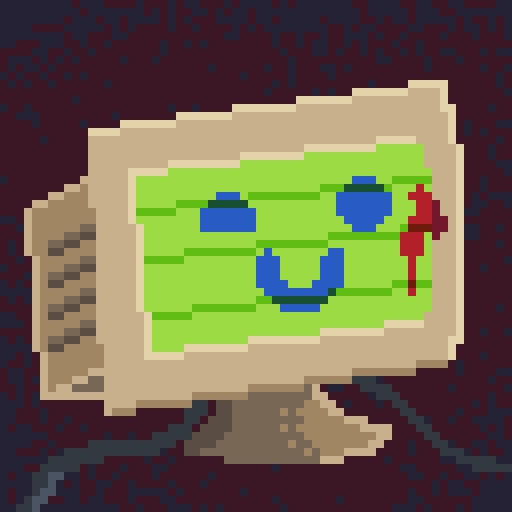Big fan of commandline tools such as vim, htop etc. What is in your opinion must have tools?
fzf for quickly matching file names especially deep in the directory hierarchy
ripgrep for quickly searching for text content within files
dtrx for handling the right extractions of different archive types
What is the difference between
ripgrepand just plain grep?ripgrepis a reimplementation ofgrepin Rust. It benchmarks faster for large file searches and also comes with quality of life features like syntax highlighting by default.
Ncdu is a really useful little utility that shows you what directories are using the most space on whichever drive/directory you select. Really useful little piece of software.
hdparm is another neato one that let’s you test the read speeds of your drives, though it’s more so something ya use once and forget exists.
Also, though Neovim is more popular, Helix deserves some recognition. It’s a rust based, vim inspired text editor which removes the need to configure it, making it easier for people trying to get into terminal text editors.
Edit: Jerboa removed the first name, my bad.
off the top of my head:
- vim
- git
- bash
- make
- whatever-compiler-im-using
- curl
- less
- grep
k9s is a game changer
rangerandmc- both are file managers, and their approach is so different that I choose one of them I need at the moment depending on what do I want to do (mcfor traditional file management,rangerfor looking around the directory tree and peeking into files)htop,tmux- classicsweechat,profanity- for my IM needsripgrep- for searching through filesmagic-wormholefor file and ssh public key exchangemoshfor when the network conditions aren’t idealnmapto see if that machine I’ve connected into the network is up and what IP did it getbatfor quick looking into filesgdb, with mandatory gdb dashboardnvimfor serious text and code editing,microfor more casual editing
- gcalcli : helps accessing google calendar using calendar api
- neix : rss reader
- I don’t know if it counts but : fish shell
argos-translate for offline machine language translation.
tmux & neovim for editing files and organizing the terminal displays.
asciinema for recording and playing back terminal sessions.
I mentioned this in another post, but tmux is awesome
yt-dlpI have mostly replaced all command line stuff with Emacs, but there are still a few CLI utilities that I continue to use, whether I am in the CLI directly or whether I am using Emacs:
tmuxorscreen(terminal multiplexing)bash(shell scripting)grep,sed(filtering, formatting)ps,pgrep,pkill(process control)ls,find,du(filesystem search)ssh,nc,rsync,sshfs,sftp(remote access, file transfer)tee,dd(pipe control)less,emacs,diff,patch,pandoc(text editing)man,apropos(manual)tar,gzip,bzip2,xz(archiving)hexdump,base64,basenc,sha256sum(data encoding, checksums)wget,curl, (HTTP client)dpkg,apt-get,guix(package management)mpv(media player)ldd,objdump,readelf(inspecting binary files)zfs(maintaining my backup filesystem)
I basically live in
nvim. Being able to configure my editor in an actual programming language makes it so much more useful to me thanvimcould ever be.I found lua to be a better programming language, but the text specific design of vimscript makes way more sense to my brain.
Yes, Vimscript is way more intuitive than Lua in a lot of ways. And as far as programming languages go, Lua has some strange design choices that I’m not the biggest fan of, either. However, it really does open up a lot of possibilities when your configuration is programmatic.
Kakoune (kak) has become my go to vim replacement. Keybinds are tweaked slightly to be more user friendly and more transparent about what it is you’re doing.
I never mastered vim binding as well as I liked, but the more intuitive and better communicated binds for kak were easy to learn in comparison and I quickly swapped over.
xclipis incredibly useful to get and set data from the clipboard!gopupis to html whatjqis to JSON. It allows you to parse html to extract specific data for a given selector.I am thoroughly enjoying using mcfly.










